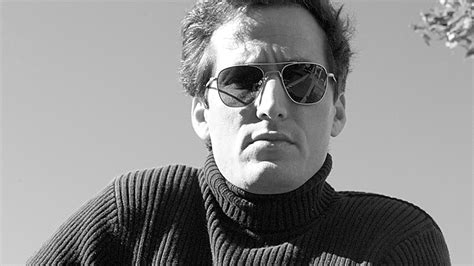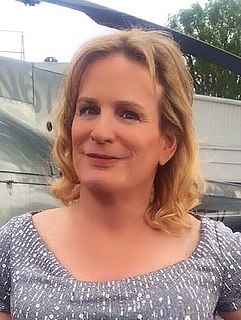A Quote by Michael Connelly
As a former reporter, I wrote 'The Scarecrow' quickly - I didn't have to think about what the character would do the way I do with Harry Bosch.
Related Quotes
The first thing that happens is the cleansing of the former character. I don't think a lot of actors talk about it, but there is usually a process where you essentially purge yourself of the character played prior to the movie. Then you want to think about what the character represents, and you write down all of the elements about this character and then take the time to find some synchronicity and start breathing the character.
I don't write a whole lot about one person that exists in reality; it's usually characteristics of different people that I combine into a character. I tend to think through and try and make characters behave in a natural way. I follow the character and think about what they would do, what decisions they would make.

























